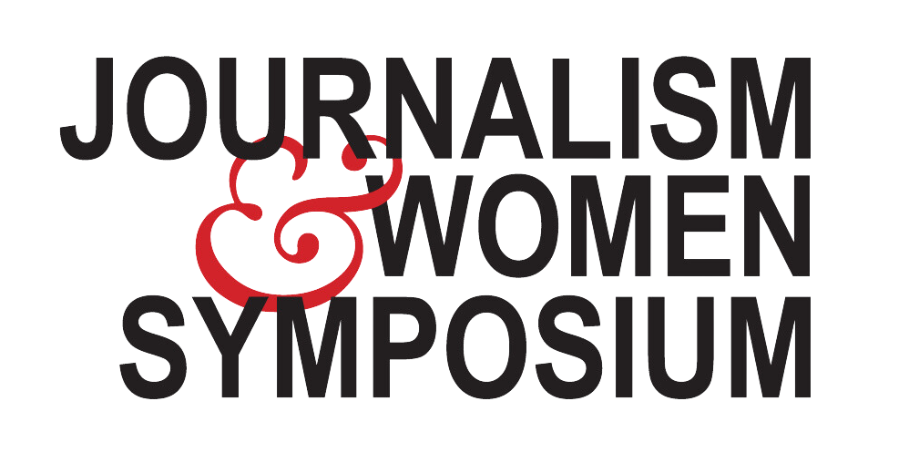The @womenjournos Q+A: Emily Ramshaw, co-founder and CEO, The 19th*
The new JAWS @womenjournos Q+A will feature women who are leading in journalism, today, fielding questions from our members. To celebrate Women's History Month and the relaunch of our website, who better to celebrate boss moves than Emily Ramshaw, co-founder and CEO of The 19th*?
Launched in January, The 19th* is a nonprofit newsroom reporting at the intersection of gender, policy and politics. (yes, with the asterisk — look it up.) With her team, Ramshaw aims to "empower women — particularly those underserved by and underrepresented in American media — with the information, community and tools they need to be equal participants in our democracy."
Emily Ramshaw, co-founder and CEO of The 19th*
Q: How can journalists correctly frame the need to report on women when pitching politics and policy stories? What is the correct language to make it clear this type of reporting is not about politics, activism or “women’s issues,” but covering a majority of a population in a fair and responsible way? — Darcy Sprague, Austin, freelance journalist covering education, politics and housing
I’d frame it like this: Women aren’t a special interest group, they’re the majority of the American electorate. And they’re also not monolithic. But they’re critical to understanding the democratic process and decision-making (see: the outsized role black women played in Joe Biden’s March 3 Super Tuesday wins). And legislation often affects them in ways it doesn’t affect men, whether it’s the obvious (see: women’s health) or the less obvious, like laws governing industries (teaching? nursing?) overwhelmingly staffed by women.
Q: What are some of the ways you’d like to “de-male” the news gathering process? — Deborah Douglas, Chicago, managing editor at MLK50: Justice Through Journalism
For starters, more women in news leadership and on politics and policy beats. We know that more than 70 percent of newspaper editors are men. We know 66 percent of politics and foreign policy stories are written by men. This is nothing against men, but these are the people deciding what’s news and what isn’t, who’s quoted and who isn’t, whether the story plays on the front page or the home page or not at all. The news is already gendered. Let’s staff more of these jobs with women who can truly understand and empathize with that majority of the American electorate I mentioned above.
Q: How do you see The 19th* potentially shifting the conversation on policy so that women are considered more equally in decisions on healthcare? — Megan Kamerick, Albuquerque, public radio host and producer
For us, the conversations will begin and end with equity. And that means storytelling that reveals the glaring disparities that are all-too-often overlooked in existing coverage, whether it’s the gender gap in medical and drug research, or the disadvantage women of color face when seeking medical care. It’s also about empowering women to take control of the decisions that affect their lives (health care obviously front and center) by giving them easy-to-understand tools and explainers that help them navigate systems like these.
Q: What advice would you give a female reporter or editor who works in a very male-dominated area of coverage — like automotive — about when to speak up about all the misogyny and when to stay quiet? How do you do this without jeopardizing your career? — Tanya Gazdik, Detroit, automotive editor at MediaPost
Speak up early and speak up often. And if someone threatens you with repercussions, sue the pants off of them. If not you, who?
Q: If a TV movie were made of your life, who do you think could play you best? — Deborah Douglas
Girl, you better put me on the silver screen.

